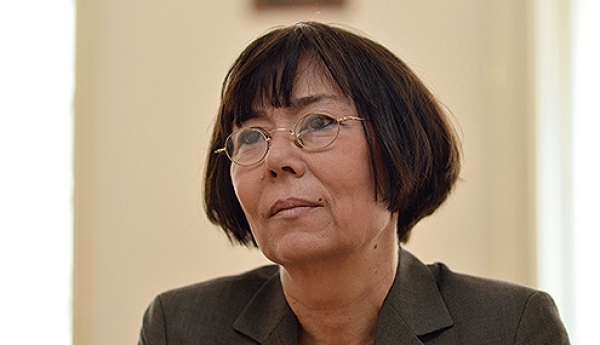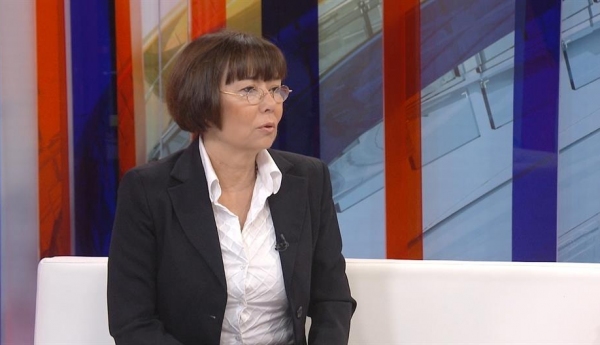The Center for Social Policy, with support from NALED, conducted the Analysis of the Status of Youth at Risk including recommendations for improving their social and economic inclusion. The analysis was prepared under the project Strong Youth – Social Inclusion and Economic Sustainability of Youth at Risk, implemented by NALED with the Foundation SOS – Children’s Village Serbia, in partnership with the German Hermann Gmeiner Foundation. The project aims at improving the employability of disadvantaged youth, supporting professional development of youth necessary for independent living and stimulating their engagement in civil society. The analysis contains a review of existing support measures within the employment and social protection system intended for youth leaving the social protection system, as well as young Roma persons.
Read more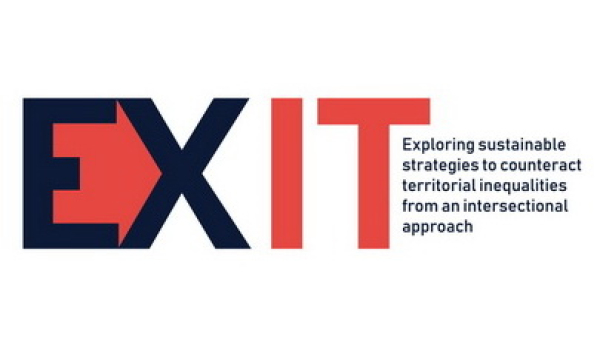
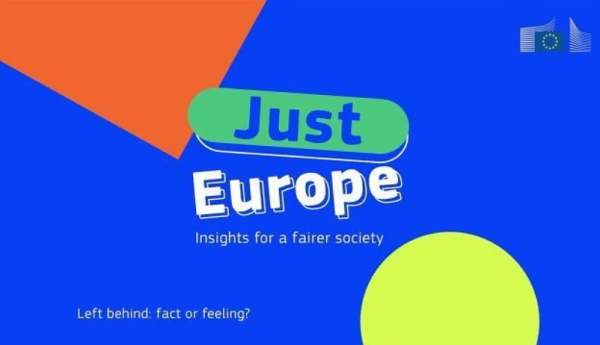
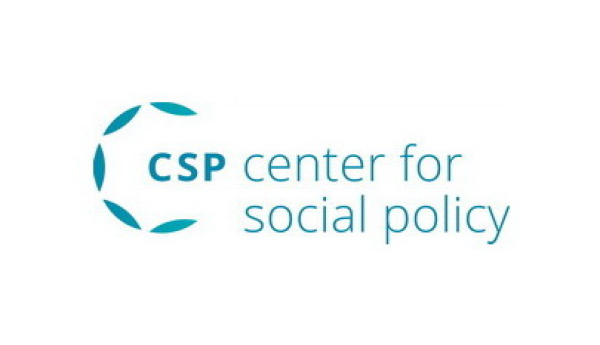
The conceptual definition and measurement of poverty are important for identifying the scale and causes of disadvantage, as well as for the formulation of social and economic policies and measurement of their impact. Absolute consumption poverty is still high in Serbia and, as long as this – by European standards extreme – form of poverty exists, it should continue to be monitored as one of the key poverty indicators.
Read more
